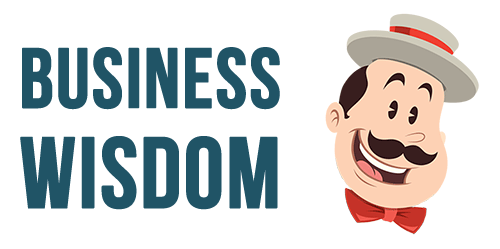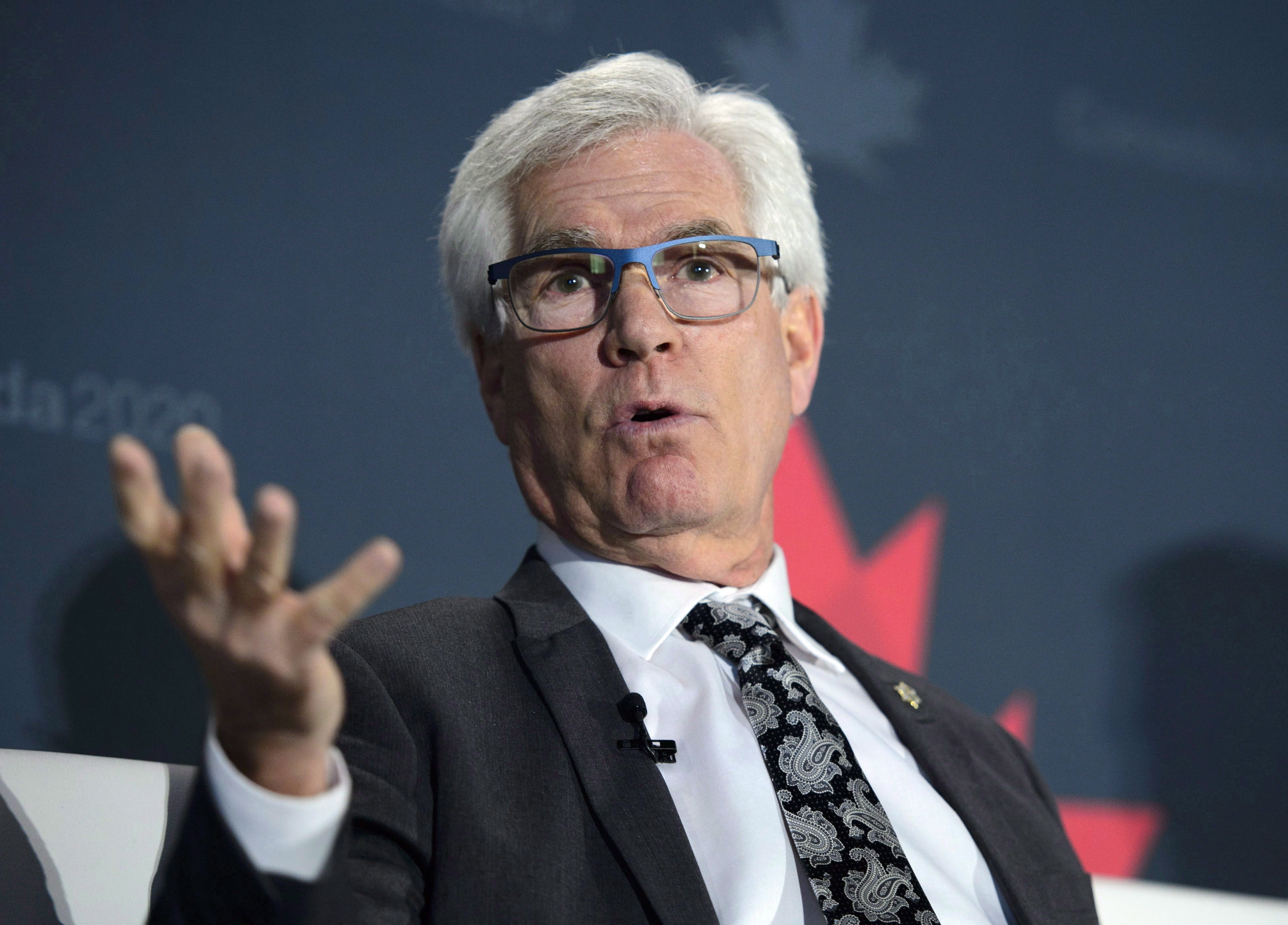
Being at odds with a new office culture may not only be uncomfortable, but it could also be a deal breaker for many people.
That’s according to a survey from Deloitte, which found that, along with good pay, a positive culture ranks as the most important workplace consideration for millennial and Gen Z employees.
The report, published last year, noted that young professionals today typically view inclusive workplace cultures as critical, with many saying they’d choose a company based on whether or not its values align with their own. As a result, the survey said, “companies and senior management teams that are most aligned with millennials” are likely to “attract and retain the best millennial talent and, in turn, potentially achieve better financial performance.”
That can raise issues for those who find themselves out of place in a new working environment. So, just what can you do to make the best of a difficult workplace culture? CNBC Make It gathered tips from experts to find out.
Contents
Observe
Firstly, rather than immediately finding flaws in how your new organization is run, take time to observe the existing culture objectively. Talking to others — current colleagues or former employees — can provide valuable perspectives, said Nayoung Won, career advisor at the University of Washington’s Information School.
“Individual conversations allow you to ask questions that weren’t available on websites or brochures, from people who were on the ground engrossed in the work environment. Similar to how websites like Yelp, Airbnb, or Glassdoor provide actual feedback from users, these conversations provide additional data points about personal experiences,” said Won.
“Seek to understand the existing culture, talking with those who have been at the organization longer and asking lots of unassuming questions,” she added. “Once you understand what the existing culture or norms are, you can begin to brainstorm culturally appropriate ways to share your perspectives.”
Establish credibility
Once you have a better idea of the big picture, you can start thinking about the ways you can make a difference.
Bringing new thoughts to the table when you are the newest person in the room can take time and patience. For your voice to be taken seriously, you might have to prove your credibility first, Won continued.
“You’ll need to establish your credibility when you are new to any environment,” she said. “This often happens through consistency, reliability, and quality of your work, communications, and relationships. Expect to do the hard and patient work of building trust, rapport, and respect.”
Set boundaries
Remember that it’s normal to keep a distance between your professional and personal lives. Establishing a boundary will not only help you thrive in an environment that’s challenging, but it can also help you become more savvy and successful professionally.
It’s important to remember that our workplace environments don’t define who we are, according to Ramesh Muthusamy, founder of Singapore-based business management consultancy Alvigor Organisational Development.
“Being a professional means we need to have a healthy detachment from our personal preferences so that we do not act with biases and disrupt our ability to execute the role,” he said.
Learning to navigate and thrive in new environments might be a great skill to cultivate, he added.
Know when it’s a deal breaker
While finding an organization that reflects your personal values completely might be difficult, it’s important not to compromise on your fundamental principles, Muthusamy said.
“It’s challenging to find any environment that will match 100 percent of your personal values. Focus on aligning at least 50 percent of your values to that of the organization,” he said, recommending that people use a journal to record the things that upset or trigger them and then reflect on why that’s happening.
Beyond that, those in tough workplaces should determine where to draw the line, he added.
Certainly that should be before you’re made to do anything that conflicts with your moral principles and ethics, Muthusamy said.
Reach out for change
If you find that you are at odds with your company’s culture but you wish to persevere, it may be worth reaching out to other teams within the organization to voice your concerns.
“Changing the culture of an existing organization is no easy feat, and generally more challenging the larger the organization is,” Won said.
Many organizations have task forces, interest groups, and volunteer groups for those who wish to have a say in their firm’s future, according to Won.
“These are great avenues to get involved and attempt to take action on the changes you wish to see in your organization,” she added. “Of course, there are no guarantees that your suggestions will be immediately implemented, but these groups often do have visibility to senior leadership, if that’s what you’re looking for.”
Still, Won added, it won’t be easy: “You’ll need to learn how to manage upwards (effectively), which takes time, practice, and mistakes.”
[“source-cnbc”]






















































